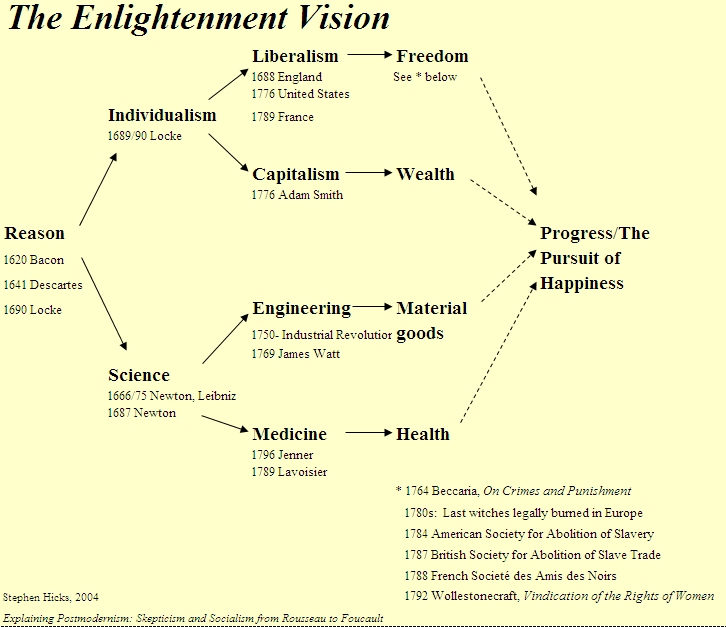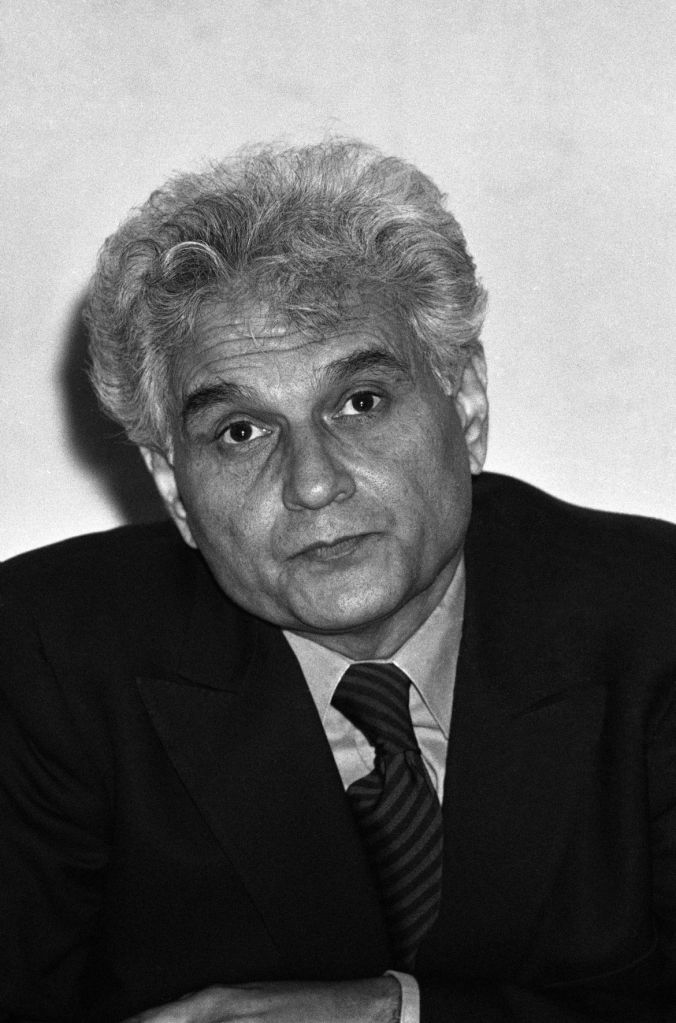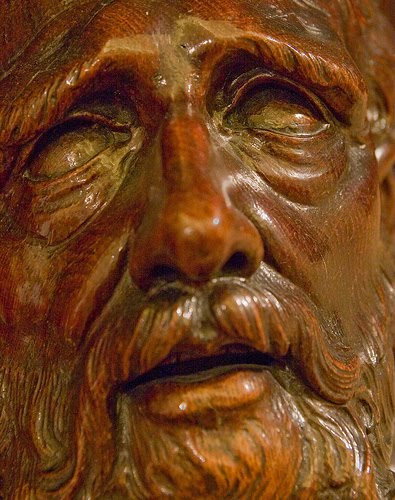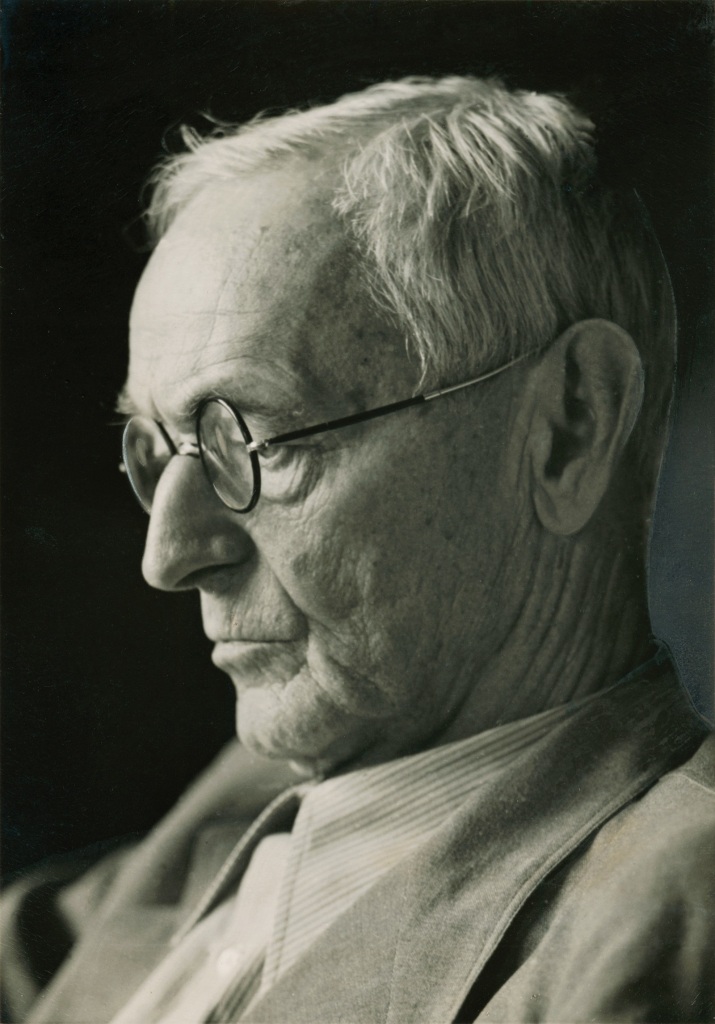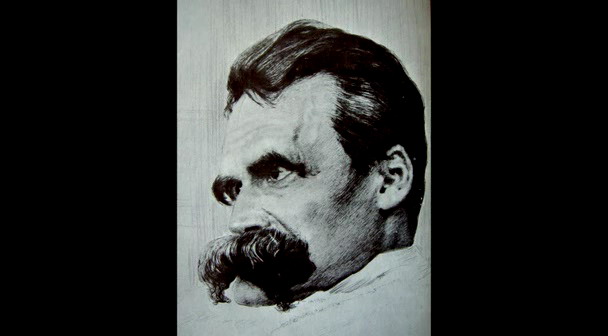Karl Marx and Friedrich Engels, *The Communist Manifesto* [Atlas University course]
This week in the A.U. course on Socialism we cover Karl Marx and Friedrich Engels’s Manifesto of the Communist Party. Marx, who devised the ideology of communism, proclaims the inevitable self-destruction of capitalism due to its internal contradictions and urges communists to lead the world to a classless society. The full course: https://www.atlassociety.org/course/socialism. Other Waterfall […]
Karl Marx and Friedrich Engels, *The Communist Manifesto* [Atlas University course] Read More »
